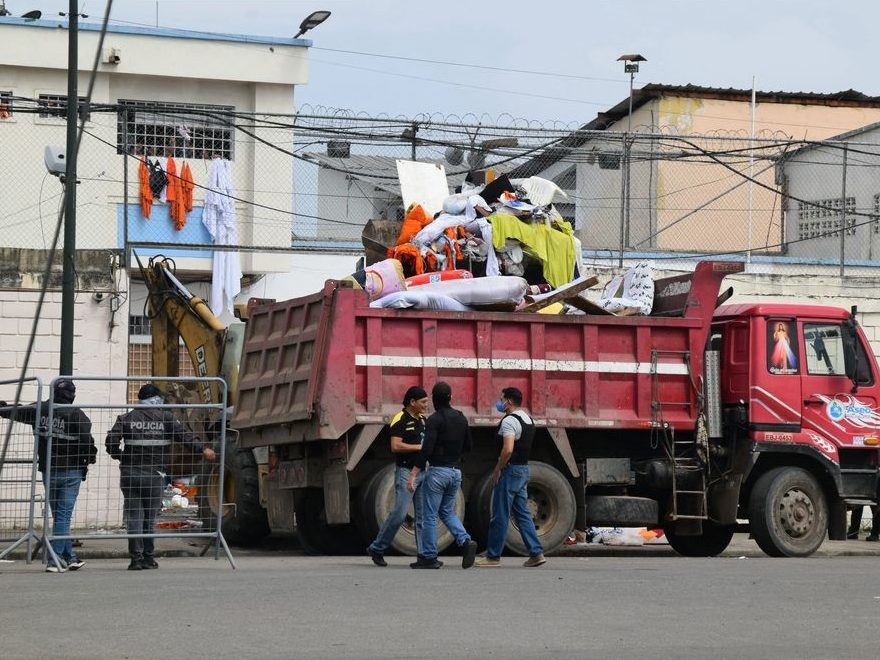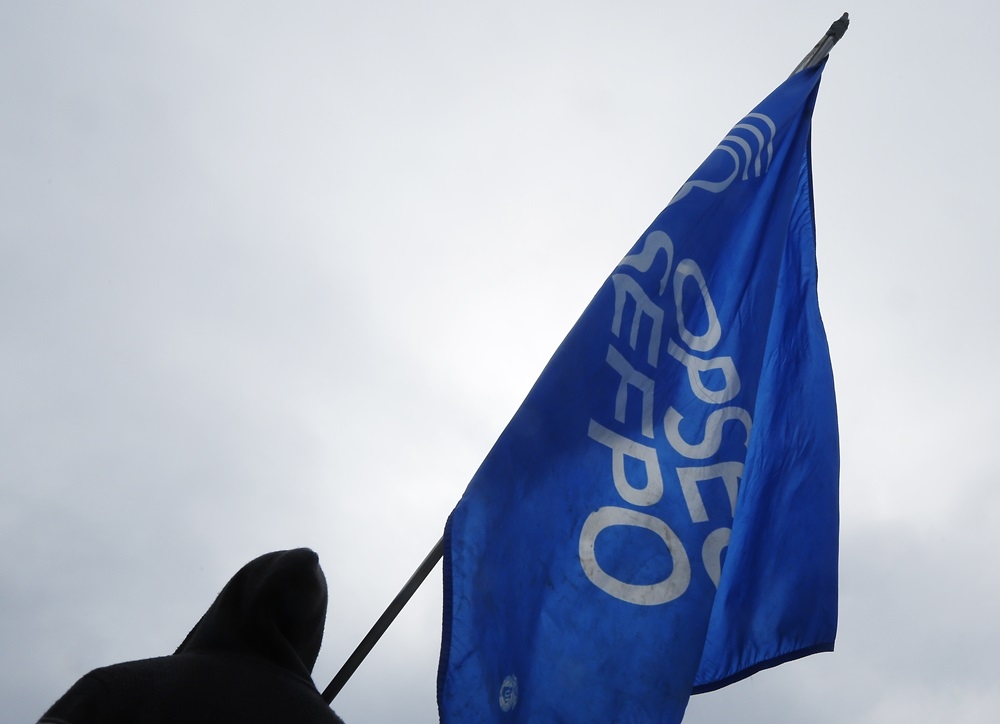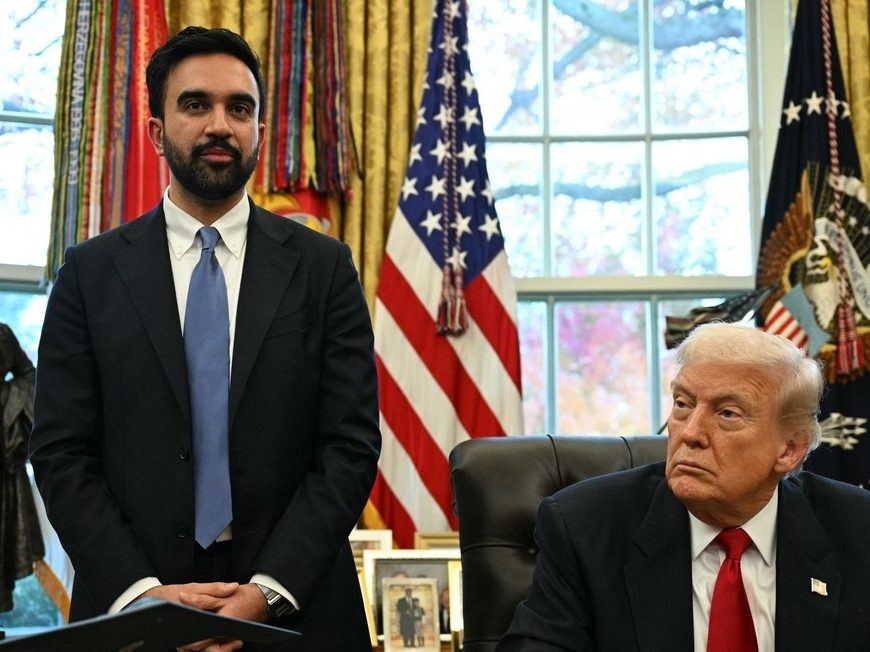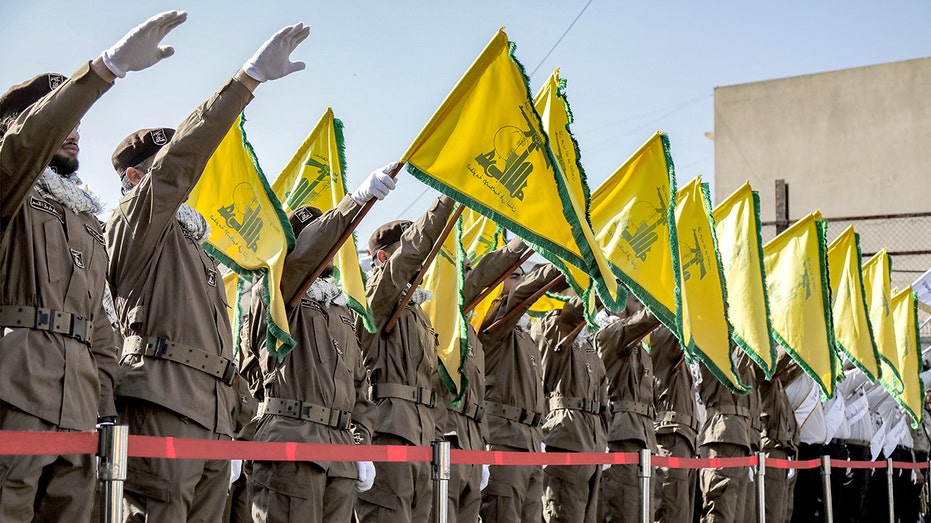A wave of horror swept through a prison in southwestern Ecuador as authorities discovered more than two dozen inmates had taken their own lives, hanging themselves in their cells. The grim discovery came just hours after a brutal riot, plunging the facility into further chaos and raising chilling questions about the escalating violence within the country’s penal system.
The final death toll reached 31 late Sunday, with 27 confirmed hangings following the earlier deaths of four inmates and injuries to 34 others. The unrest stemmed from a planned transfer of prisoners from the jail in Machala, a city grappling with a surge in criminal activity that the government has struggled to contain.
Interior Minister John Reimberg directly blamed rival gangs for the coordinated hangings, stating the deaths occurred around 6 p.m. local time. The Machala prison, housing approximately 1,000 inmates, has become a focal point in a larger struggle for control within Ecuador’s correctional facilities.

The violence is directly linked to an attempt by these gangs to prevent the transfer of key drug kingpins to a newly constructed, high-security prison located west of Guayaquil. President Daniel Noboa’s strategy hinges on isolating these leaders, aiming to dismantle the networks that have effectively operated headquarters from within prison walls.
Ecuador has endured a horrifying period of prison violence, with over 500 inmates killed in riots since the beginning of 2020. This latest tragedy unfolds against a backdrop of record-high murder rates, a crisis that propelled Noboa into office following a tumultuous election marked by the assassination of a presidential candidate.
Noboa, inheriting a nation gripped by fear, has labeled the criminal organizations as “terrorist organizations” and blames the recent escalation on a fierce turf war ignited by the capture and extradition of prominent gang leaders to the United States. The situation remains volatile and deeply concerning.
Amidst this crisis, Noboa is actively campaigning for a national referendum, seeking a complete overhaul of Ecuador’s constitution. He argues the current legal framework is too lenient on criminals and is pushing for stricter measures to combat the escalating violence.
The Interior Minister suggested the gangs are attempting to intimidate voters and influence the outcome of the referendum, fearing the potential consequences of a strengthened legal system. They are, according to Reimberg, “facing their greatest fear” and desperately trying to maintain their grip on power.
In a surprising move, Noboa announced his intention to nominate Diana Salazar, a former prosecutor general renowned for her relentless fight against organized crime, as a candidate for the constitutional assembly. Salazar successfully prosecuted a former president for corruption, a case that continues to resonate throughout the country.
Despite recent economic challenges, including a controversial increase in diesel fuel prices, polls indicate voters are likely to continue supporting Noboa and approve the proposed constitutional changes. This includes potentially allowing foreign military bases within Ecuador, a controversial but potentially vital step in the fight against drug trafficking.
Simultaneously, the Interior Minister will spearhead a comprehensive reform of the prison service, aiming to address the systemic issues that have contributed to the escalating violence and loss of life. The future of Ecuador’s correctional system, and indeed the nation’s security, hangs in the balance.





